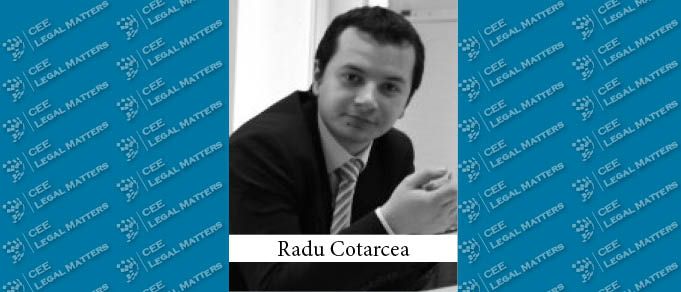In antiquity, it was commonplace for people to sacrifice a goat to the gods – sometimes to pacify them but many times to simply bring good fortune. It took millennia to overcome the post hoc ergo propter hoc thinking of “something good happened to me after I killed a goat, therefore killing a goat got me something good.” Accurate or not, certain ideas, once set in our brains, have a nasty habit of sticking around way past their prime.
I’m just now slowly coming up for air after the insanity that was the week leading up to the Deal of the Year submissions deadline. I won’t whine to our readers about the flood of submissions that landed in the last hour – I’ve done that plenty to anyone willing to listen over the last couple of days and I think it’s out of my system. No, it’s not about methodology (the when in particular) that I feel the need to write. Rather, it’s the substance of it all that crushes my soul.
For those of you blissfully unaware, each year CEELM awards the most important deals (based on size, complexity, and impact/significance for the market) in each country that we cover. We don’t make those assessments. Each year, we put together a set of jurors – both at a country and regional level, consisting of senior lawyers – and we act purely as a conduit, aggregating submissions (while screening for completeness), developing a voting platform, and aggregating/tabulating votes.
We make that process clear. We tell participants in the submission form “this is where you talk to the jurors and try to convince them this deal warrants their vote.” Almost without fail, submissions state that deal X involved a “market-leading company buying another market leader.” Rarely do they try to give any info beyond that – turnover, headcount, market share, etc. All deals are “groundbreaking” and “unique” and require an “innovative solution,” but what new element they introduced is anyone’s guess. Lest we forget, all are “complex,” because of reasons.
As an editorial style, CEELM always cuts out qualifiers from our writing. If a company we write about in a deal news item is a significant market player, our readers will know that because we quoted firms giving us any data available about their revenue, size, market share, etc. If their sole description is that of a “market leader,” we simply cut that out from our final piece.
But, of course, we don’t do that with DOTY submissions. We pass them on to the jurors as received and they are left with comparing and picking between one groundbreaking deal and a unique one. The few submissions that provide the intel I described do stand out, but I would not hold it against either of our jurors if they ever told me that they had to flip a coin between a few entries based on what they were provided with.
The worst part is that, based on pure statistics, I am sure that many submissions that suffer from this ill do end up winning. Similarly, I’m sure that many similar submissions to ranking directories do end up being rewarded with a band 1 or a tier 1. And that just invites more “groundbreaking” talk in future submissions. But anyone who’s seen more than one such submission already simply glazes over such qualifiers without any substance and, if you’re preparing such a submission, know you’re inviting a game of chance when it comes to who gets picked. You’re just as well off sacrificing a goat.
This article was originally published in Issue 10.12 of the CEE Legal Matters Magazine. If you would like to receive a hard copy of the magazine, you can subscribe here.
















